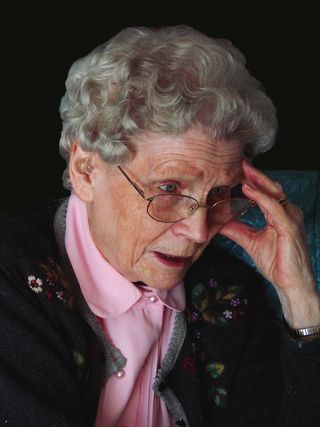 When asked about long-term care insurance, one senior said, "I've thought about it. I don't think it's worthwhile to buy at my age." She's 83. "I've thought about it but I really haven't looked into it," another woman said. Others simply don't want to talk about it. But a don't-ask-don't-tell attitude toward paying for long-term care isn't an effective strategy for the 75 million baby boomers, the oldest of whom will start hitting age 70 in 2016.
When asked about long-term care insurance, one senior said, "I've thought about it. I don't think it's worthwhile to buy at my age." She's 83. "I've thought about it but I really haven't looked into it," another woman said. Others simply don't want to talk about it. But a don't-ask-don't-tell attitude toward paying for long-term care isn't an effective strategy for the 75 million baby boomers, the oldest of whom will start hitting age 70 in 2016.
A recent article in the Memphis Daily News, titled "OK, Baby Boomers: Time for Some Hard Decisions," reminds us that care for seniors can come from family members or from outside services such as adult day care, assisted living centers, home-care services and nursing homes. These services often include assistance with daily activities, home health care, respite care, hospice care, adult day care, care in a nursing home, and care in an assisted living facility.
People pay for long-term care by using personal resources, long-term care insurance, and Medicaid if they qualify. Medicare, Medicare supplement insurance, and private health insurance typically don't pay for long-term care. Individuals may also look to other resources such as veterans' benefits, Social Security, community services, and family caregivers.
 The bill relaxes a rule that makes getting specialized care from local doctors difficult for some veterans in rural areas.
The bill relaxes a rule that makes getting specialized care from local doctors difficult for some veterans in rural areas. Houston Estate Planning and Elder Law Attorney Blog
Houston Estate Planning and Elder Law Attorney Blog










